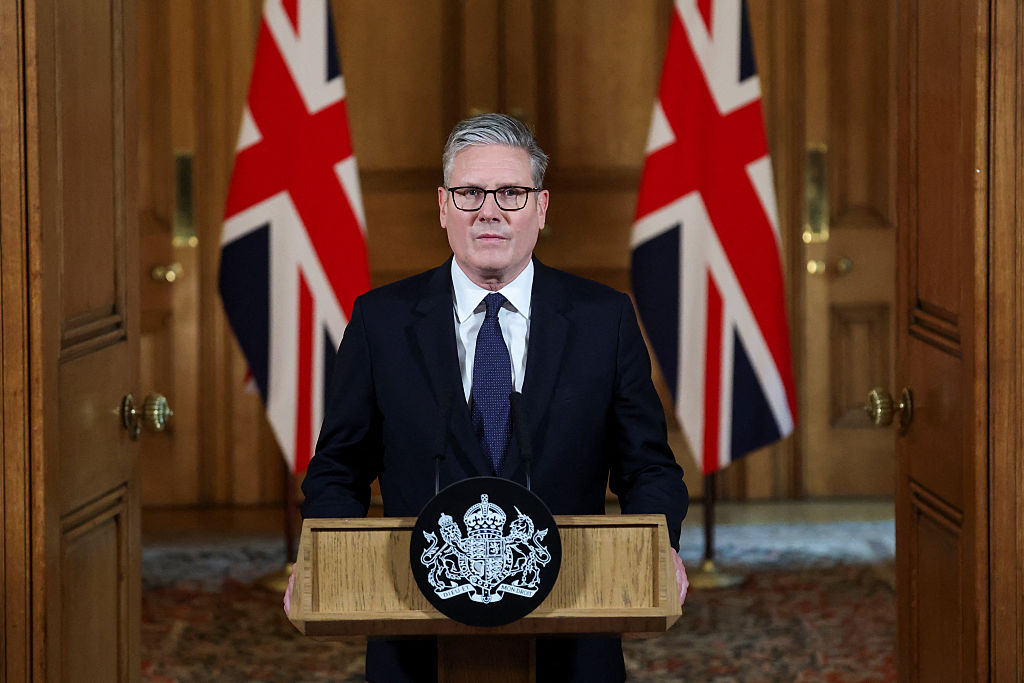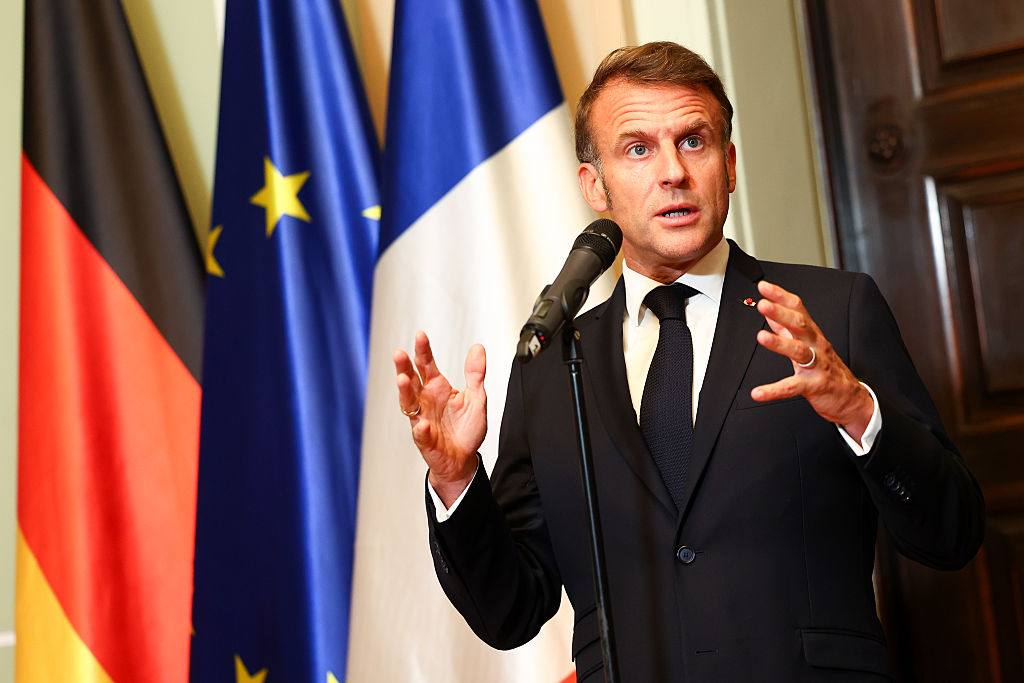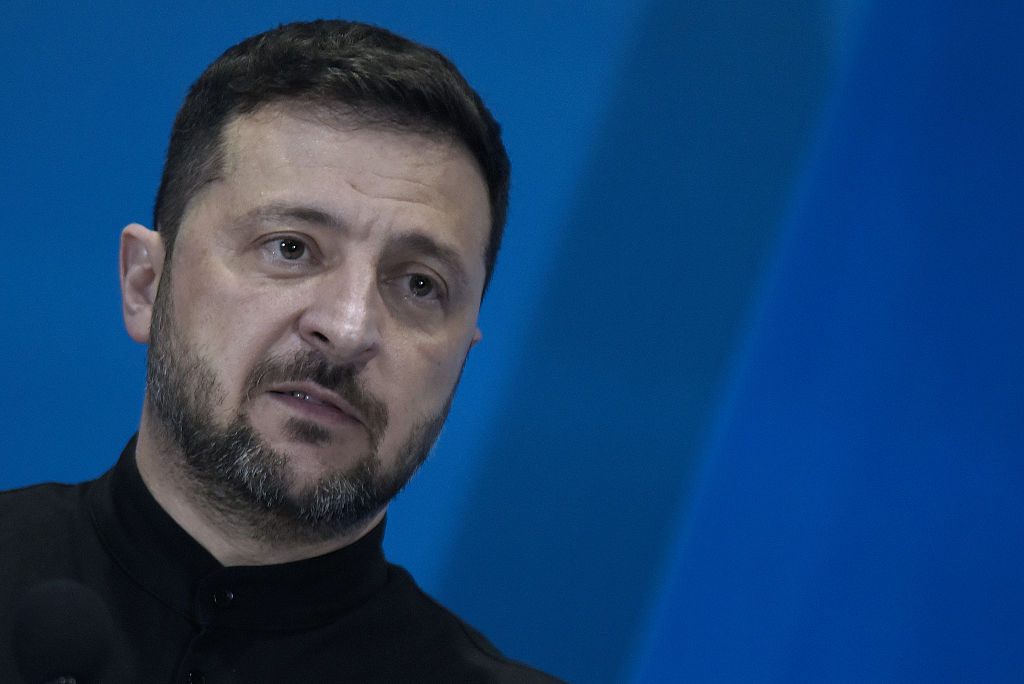France-based aerospace group Airbus posted an 85 per cent rise in first-half profits to $1.7 billion (€1.49 billion) despite delivering fewer commercial planes compared with the same period last year.
Citing “persistent engine supply issues” for its popular A320 jets, on July 30 Airbus said 306 planes had been delivered overall in the first half, down from 323 in the first half of 2024, AFP reported.
“The commercial performance in the first half of 2025 has been strong across the company,” said Guillaume Faury, Airbus CEO, according to the Financial Times.
“Our H1 financials reflect transformation progress in our Defence and Space division and the lower commercial aircraft deliveries compared to a year ago. We are producing aircraft in line with our plans but deliveries are backloaded as we face persistent engine supply issues on the A320 programme.
“The operating environment is complex and fast-changing. On tariffs, the recent political agreement between the EU and the US to revert to a zero-tariff approach for civil aircraft is a welcome development for our industry.
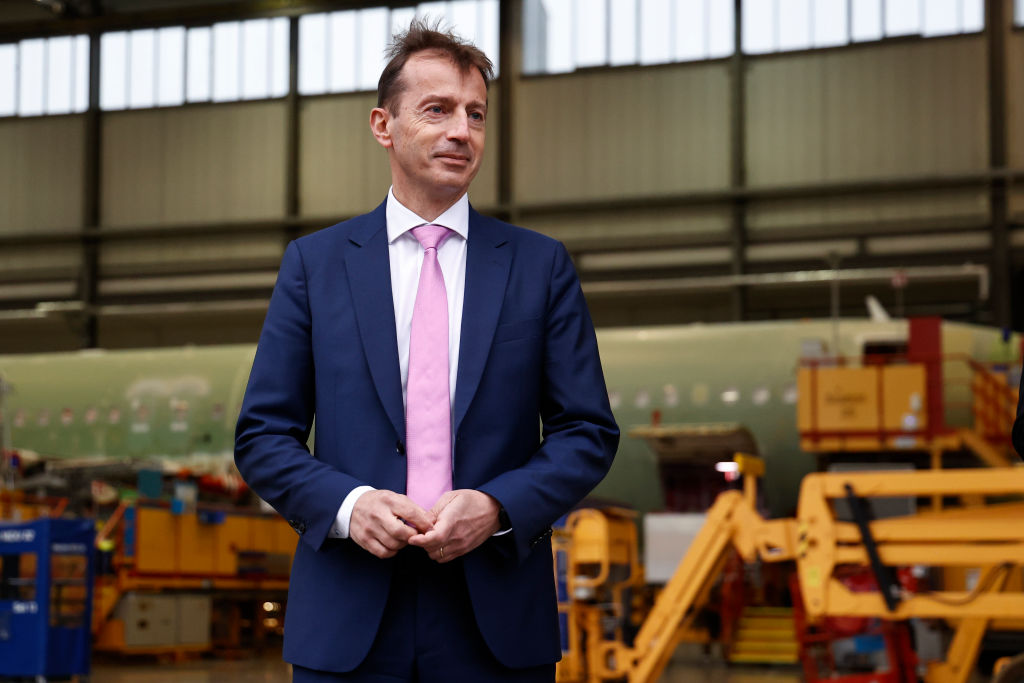
“Our 2025 guidance, which continues to exclude the impact of tariffs, remains unchanged,” he said.
Gross commercial aircraft orders totalled 494 (H1 2024: 327 aircraft) with net orders of 402 aircraft after cancellations (H1 2024: 310 aircraft). The order backlog amounted to 8,754 commercial aircraft at the end of June 2025, the FT said
Airbus Helicopters registered net orders totalling 171 units (H1 2024: 233 units), which were well spread across the product range. Order intake by value at Airbus Defence and Space totalled €5.1 billion (H1 2024: €6.1 billion).
It said it secured net orders for the first half helped to push revenues up 3 per cent to €29.6 billion, according to AFP.
The jump in profits came a year after Airbus reported a 46 per cent slump in earnings for the first half of 2024.
Operating profit, which analysts often considered a better gauge of underlying business performance, rose 11 per cent to €1.6 billion.
Looking ahead, Airbus said its targets did not exclude the potential impact from the US tariffs being imposed by US President Donald Trump, and it still expected to deliver 820 commercial aircraft this year.
“On tariffs, the recent political agreement between the EU and the US to revert to a zero-tariff approach for civil aircraft is a welcome development for our industry,” Faury said.
At the end of June, 60 planes were still waiting to receive their engines from CFM, a joint venture between the Safran and GE groups, as well as Pratt & Whitney engines, Faury said.
“In terms of aircraft production and availability, with the exception of the engines for these aircraft, we are actually much further ahead than 306 aircraft at the current stage,” he added, expressing confidence in meeting the 820 delivery forecast.
“We have a credible second-half plan,” he said, recalling that in 2018, Airbus delivered 303 planes in the first half but hit 800 for the year as a whole.
Airbus’ director of commercial aircraft, Christian Scherer, said in June that other aircraft, particularly the wide-body A350, were suffering a backlog due to a toilet shortage.
“You can’t really build an airplane without a toilet,” he quipped ahead of the Paris Air Show, highlighting the fragile state of the sector’s supply chain, where a small bottleneck can put at risk ambitious commercial programmes.
Responding to a drop in demand for telecommunications satellites, which hit its financial performance, Airbus in October announced 2,500 job cuts in its defence and space division, a figure it revised downwards in December to 2,043.
The company’s forecast for 2025 remained unchanged as it said it was targeting adjusted operating profit “of approximately €7 billion”.
Airbus said it had already felt the “impact” of 10 per cent tariffs in effect since April and was “reassured but cautious” after the agreement announced on July 17 between the US and the European Union re-establishing a zero-tariff regime for aeronautics.
Asked whether Trump’s support for Boeing could disadvantage Airbus, Faury said: “Knowing that Boeing benefits from this extremely powerful political support, it forces us to be even better.”
The US behemoth, which has suffered several crises, was now “in a stabilisation phase”, according to its CEO, Kelly Ortberg, and reported better-than-expected results on July 29.
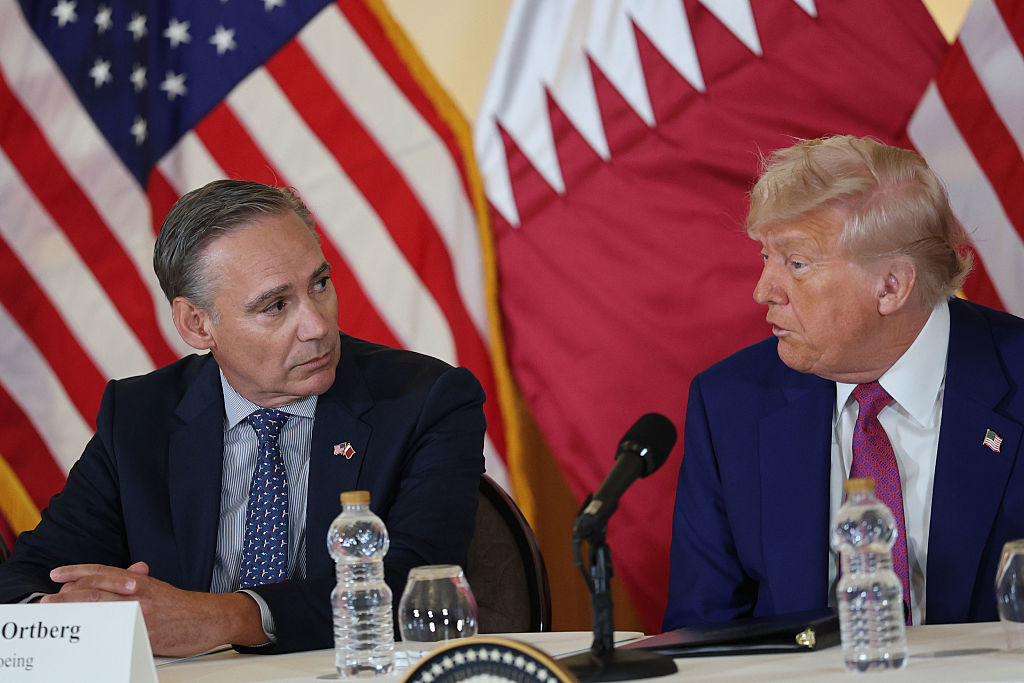
The Airbus board of directors has selected Oliver Zipse to be non-executive director of the company, for submission at the 2026 Airbus Annual General Meeting, the FT reported.
Zipse has been serving as chairman of the board of of BMW since 2019. He was expected to bring an extensive industry experience from a distinguished career at the German car maker.
That has included senior roles in development, technical planning, corporate strategy and production in Germany, the UK and South Africa in addition to his CEO tenure.
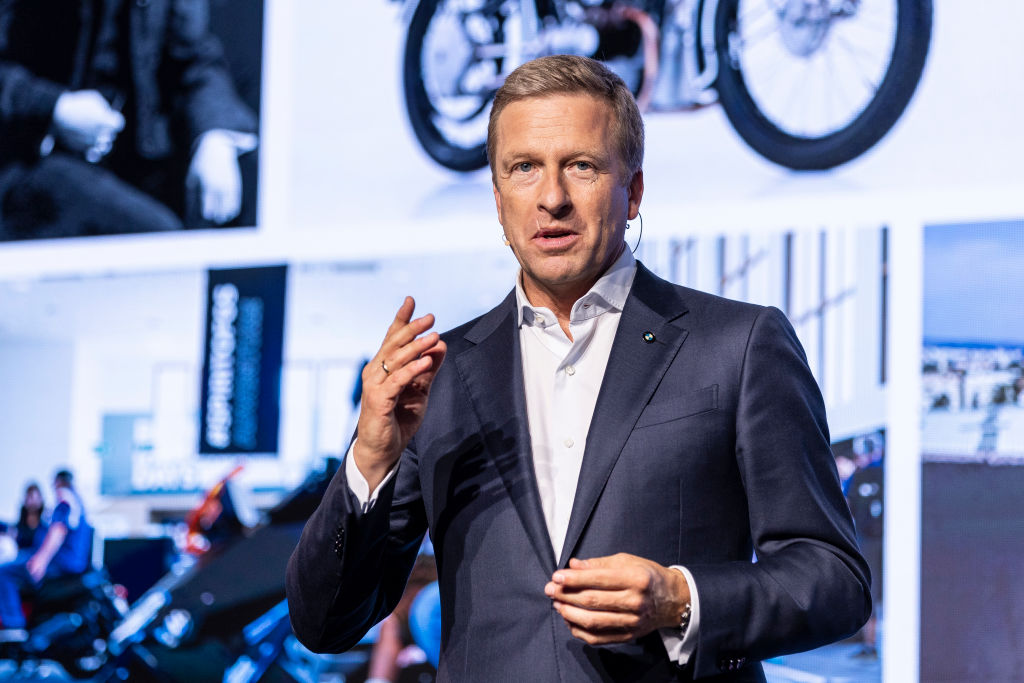
His nomination was part of the board’s strategy to have a staggered succession plan, designed to continuously maintain a strong leadership presence at the board, according to the FT.
“We are delighted to put Oliver forward for this role,” said René Obermann, board chairman.
“His wealth of global industry experience will be invaluable to the company as we move forward.”

